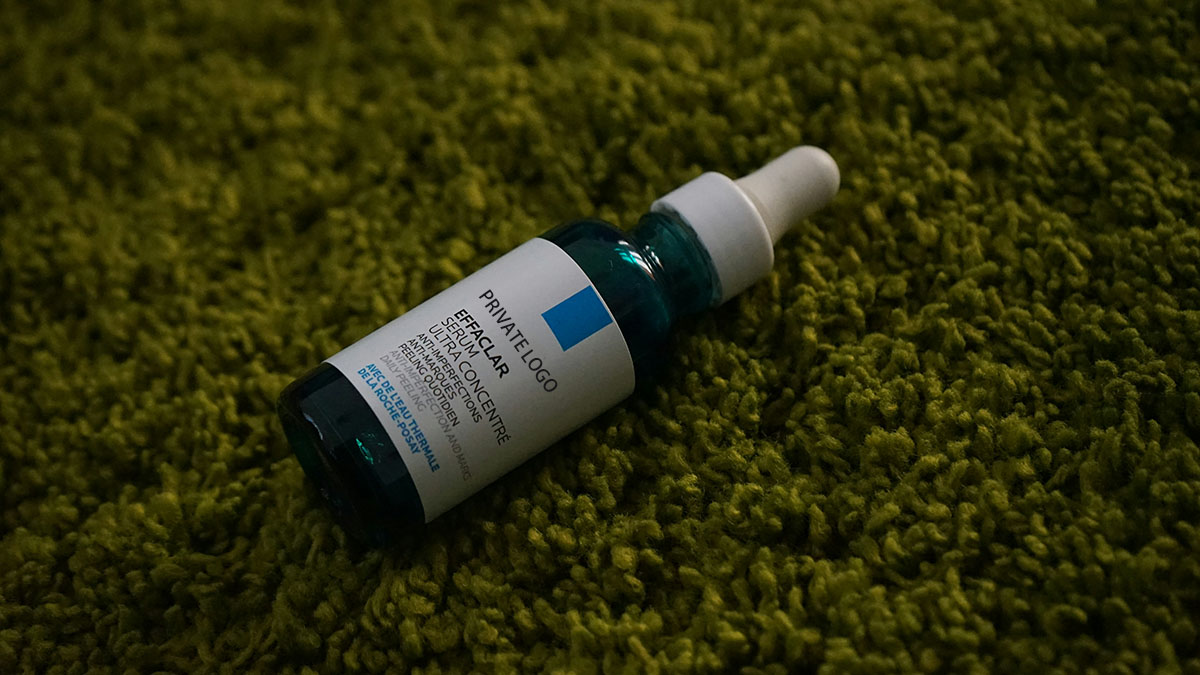2. What Are Private Label Face Serums?
Private label face serums are skincare products made by a manufacturer and sold under your brand name. These serums are often formulated with active ingredients like hyaluronic acid, vitamin C, and peptides to target issues like dryness, wrinkles, and uneven skin tone.
Why are they in demand? Customers love face serums because they deliver targeted results and feel luxurious. For brands, it’s an opportunity to offer a high-margin product that can build loyalty.
